
Tweets of the Week – 44/2021
Our weekly Twitter round up of great content from our kindred network: a Friday treat for your weekend reading pleasure. Enjoy what we’ve found for you on twitter. […]

Our weekly Twitter round up of great content from our kindred network: a Friday treat for your weekend reading pleasure. Enjoy what we’ve found for you on twitter. […]
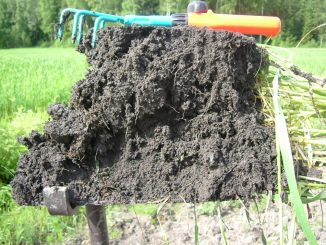
Increases in the frequency and severity of extreme weather events, including flooding, are unfolding in real time as climate change intensifies. Here, soil expert Dr. Andrea Beste delves deep into soil, and, in particular soil compaction and its role in flooding. While CAP and EU Directives have done little to help improve our soils and reduce flooding, there are, in organic farming, techniques to help get the best from our soils. […]
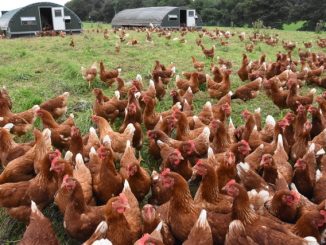
Following Brexit, the four countries that make up the UK will each treat basic payments to farmers differently. For farmers in Scotland, Wales and Northern Ireland payments will remain the same – at least for now. For farmers in England, change is coming faster. With Marianne Landzettel of the Sustainable Food Trust. […]

Our weekly Twitter round up of great content from our kindred network: a Friday treat for your weekend reading pleasure. Enjoy what we’ve found for you on twitter. […]
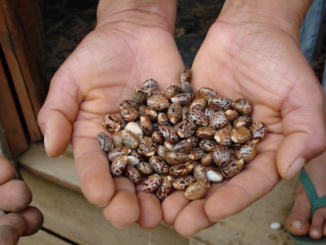
“The seeds regulation is unconstitutional.” A thesis from the University of Geneva’s Faculty of Law demonstrates that the system that decides which plant varieties can be sold in Switzerland contradicts other objectives of agriculture under the Swiss constitution, such as safeguarding the environment, landscape and local economy. By Anton Vos. […]

«La réglementation sur les semences est anticonstitutionnelle.» Une thèse de la faculté de droit de Genève démontre que le système qui décide quelles variétés végétales peuvent être commercialisées en Suisse contredit les autres objectifs constitutionnels de l’agriculture comme la préservation de l’environnement, du paysage et de l’économie locale. Par Anton Vos. […]
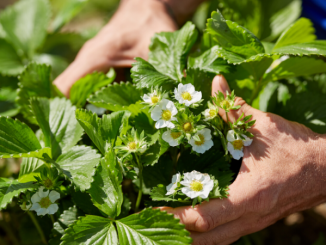
Feeding the soil and avoiding fossil fuels is the Holy Grail of sustainable farming. Techno-solutions aside, this will entail working with nature by mimicking nature – and harnessing the capabilities of ruminants. In the final installment of this series, Stuart Meikle outlines solutions for fossil fuel-free farming. […]
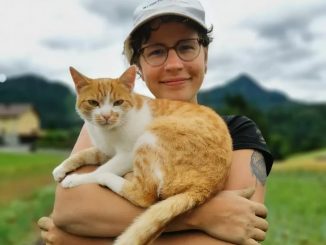
Isabella Lang has been working on her friends’ farm in the Austrian Alps since the spring. After four years in the Brussels bubble, she was keen to get her hands back in the soil. It’s been several months of hard work, long days, amazing food, and a healthy pace of life. In this first letter Isabella introduces us to the farm. Meet the new peasants. […]

Our weekly Twitter round up of great content from our kindred network: a Friday treat for your weekend reading pleasure. Enjoy what we’ve found for you on twitter. […]
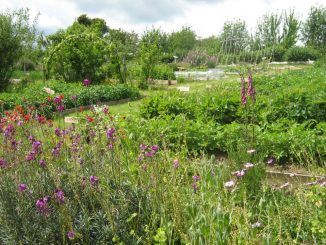
Since the release of the Farm to Fork strategy, the Commission has faced a considerable amount of criticism, which generally cites the potential economic and food security impacts of F2F. Here IDDRI experts analyse the methodological limitations underlying this criticism and shows that a more systemic approach instead reinforce the relevance, coherence and realism of the Commission’s strategy. […]
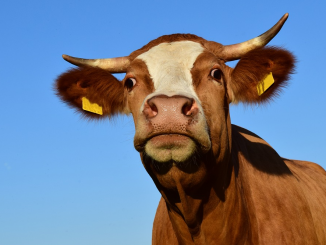
It’s tempting to blame burping cows for methane emissions. But while nature cannot distinguish between naturally occurring methane and methane derived from fossil fuels and anthropological activity, humans can – and should. Methane has a role to play in sustainable farming. We cannot let the debate around methane emissions cloud the broader benefits of farming with ruminants, argues Stuart Meikle in part three of this series. […]
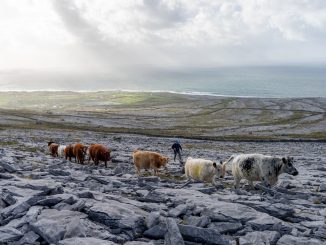
We’re back on Shane Casey’s farm in the Burren, Ireland. It’s nearly time for the reverse transhumance drive – or ‘winterage’ as it’s known locally. Grazing over the winter allows the Burren’s unique mix of flora to thrive. It’s a quintessential example of farming for conservation, explains Shane. […]

Our weekly Twitter round up of great content from our kindred network: a Friday treat for your weekend reading pleasure. Enjoy what we’ve found for you on twitter. […]
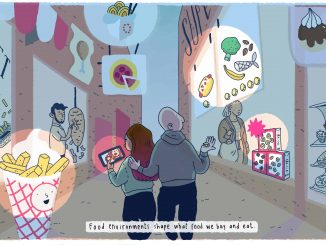
The EU’s Farm to Fork Strategy won’t be realised unless policy goes beyond voluntary measures to gear food environments to promote truly sustainable diets. Participants in the EU Food Policy Coalition share their vision for improving food environments. Op-ed by Frank Mechielsen from Feedback Global and Madeleine Coste from Slow Food Europe. […]
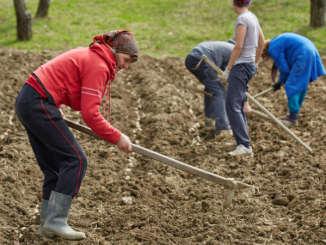
‘Should agricultural subsidies go to labour not land?’ This question was up for discussion at a meeting hosted by ARC2020 in Summer 2021. Area based payments are absolutely central to the Common Agricultural Policy (CAP) yet they have a range of negative impacts and act as a barrier to progressive change. […]
Agricultural and Rural Convention